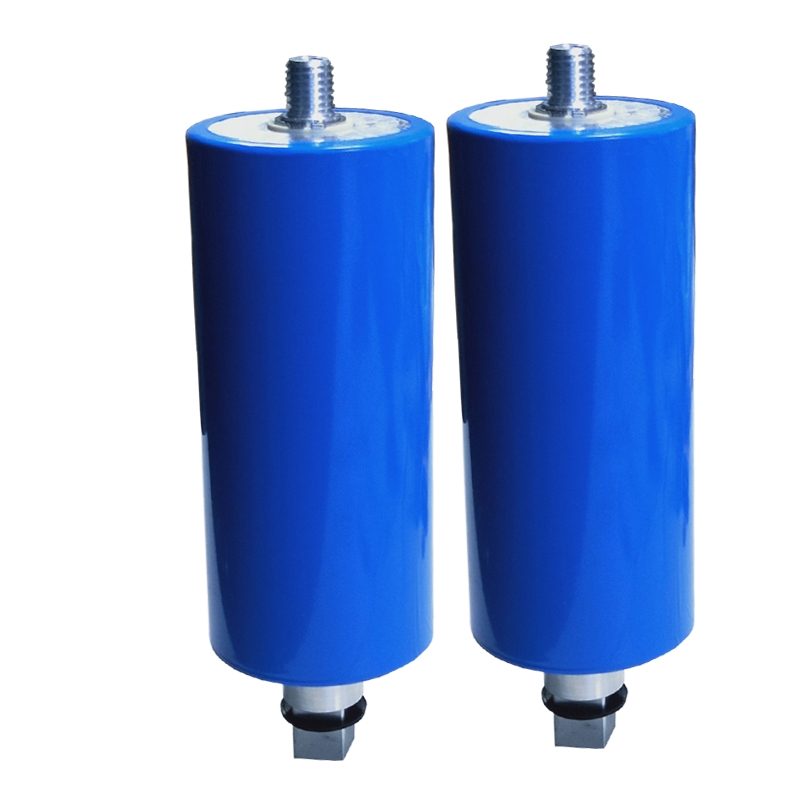Consulting phone:
135-3037-2041
(Mr.Wang)
Precautions when using supercapacitors
Precautions for the use of supercapacitors include:
1) Supercapacitors have a fixed polarity. Polarity should be recognized before use.
2) Supercapacitors should be used at nominal voltage. When the capacitor voltage exceeds the nominal voltage, the electrolyte will be decomposed, the capacitor will heat up, the capacity will decrease, and the internal resistance will increase, and the service life will be shortened.
3) Supercapacitors cannot be used in high-frequency charging and discharging circuits. High-frequency rapid charge and discharge will cause internal heating of the capacitor, capacity attenuation, and internal resistance increase.
4) The external ambient temperature has an important influence on the life of the supercapacitor. Therefore, supercapacitors should be kept away from heat sources as much as possible.

5) When the supercapacitor is used as a backup power supply, there is a voltage drop at the moment of discharge due to the large internal resistance of the supercapacitor.
6) Supercapacitors should not be placed in an environment with a relative humidity greater than 85% or containing toxic gases. These environments will lead to corrosion of the leads and the capacitor casing, resulting in an open circuit.
7) Supercapacitors cannot be placed in a high temperature and high humidity environment. They should be stored in an environment with a temperature of -30 to 50 °C and a relative humidity of less than 60%, and should prevent the temperature from rising and falling suddenly, because this will cause product damage. .
8) When the supercapacitor is used on a double-sided circuit board, it should be noted that the connection should not pass through the accessible place of the capacitor. Due to the installation method of the supercapacitor, it will cause a short circuit.
9) When soldering the capacitor on the circuit board, do not touch the capacitor shell to the circuit board, otherwise the solder will penetrate into the capacitor threading hole, which will affect the performance of the capacitor.
10) After installing the supercapacitor, do not forcibly tilt or twist the capacitor, which will cause the capacitor leads to loosen, resulting in performance degradation.
11) The capacitor should be prevented from overheating during the soldering process. If the capacitor is overheated during welding, the service life of the capacitor will be reduced.
12) After the capacitor is welded, the circuit board and capacitor need to be cleaned, because some impurities may cause the capacitor to short circuit.
13) When the supercapacitors are used in series, there is a problem of voltage balance between the cells. Simple series connection will lead to overvoltage of one or several cell capacitors, and then damage these capacitors, and the overall performance will be affected. Therefore, when the capacitors are used in series , need to get the technical support of the manufacturer.
14) If there are other application problems in the process of using the super capacitor , you should consult the manufacturer or refer to the relevant technical information of the super capacitor operation instructions.